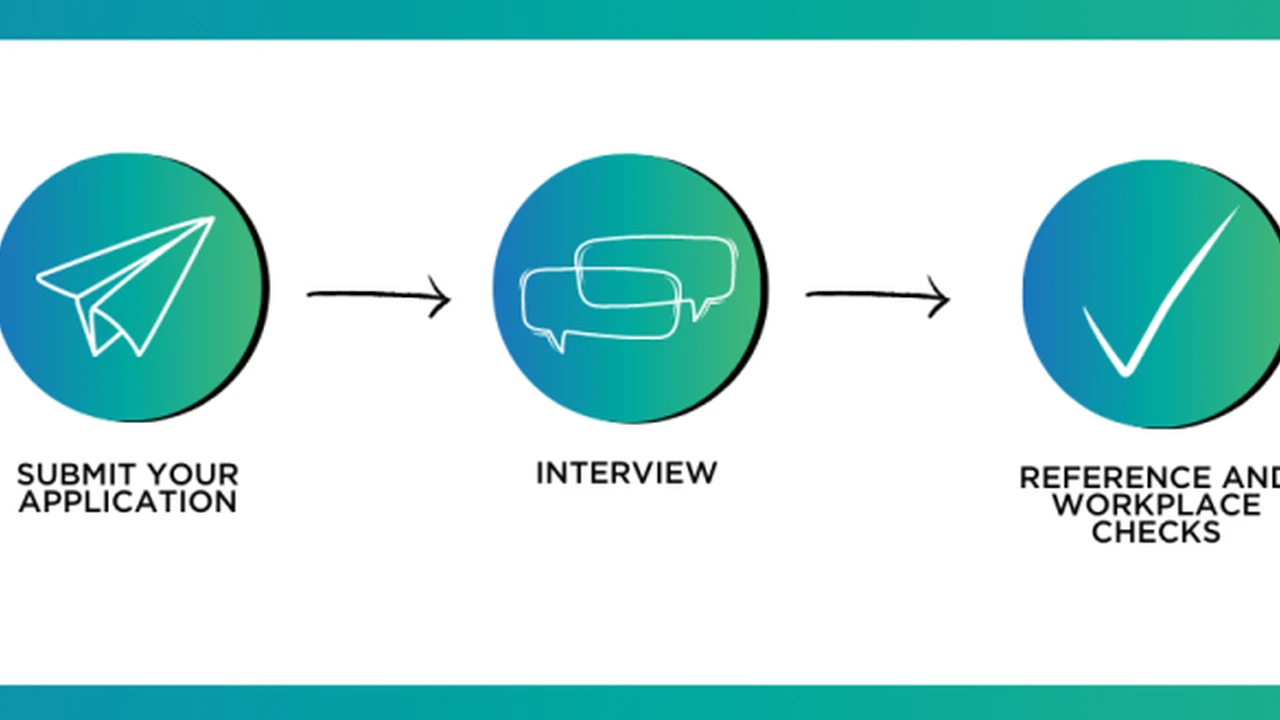Volunteer Program Application Tips
Learn about application requirements, writing compelling essays, and showcasing your skills and experience. Stand out from the crowd.

Understanding Volunteer Program Requirements and Eligibility
First things first: read the fine print. Every volunteer program is different, and they all have specific requirements. Don't waste your time applying for something you're not eligible for. Things to look out for include:
- Age restrictions: Some programs are specifically for young adults, while others are open to all ages.
- Skills and experience: Do they require specific skills, like teaching experience or medical training? Be honest about your abilities.
- Language proficiency: Do you need to speak the local language? If so, what level of fluency is required?
- Commitment length: How long are you willing to volunteer? Make sure the program's duration aligns with your gap year plans.
- Background checks: Many programs, especially those working with children or vulnerable populations, require background checks.
- Health requirements: Certain vaccinations or health screenings may be necessary.
Carefully review these requirements and make sure you meet them before proceeding. This saves you time and ensures you're applying for programs that are a good match.
Crafting a Compelling Volunteer Essay or Personal Statement
This is your chance to really shine! The essay or personal statement is where you tell the organization *why* you want to volunteer with them and *what* you bring to the table. Here's how to make it stand out:
- Be authentic: Don't try to be someone you're not. Write in your own voice and let your passion shine through.
- Tell a story: Instead of just listing your skills, weave them into a compelling narrative. Share an experience that demonstrates your commitment to service or your interest in the program's mission.
- Show, don't tell: Use vivid language and concrete examples to illustrate your points. For example, instead of saying \"I'm a hard worker,\" describe a time when you overcame a challenge through perseverance.
- Connect to the program: Explain why *this specific program* is a good fit for you. Show that you've done your research and understand their goals.
- Highlight relevant skills: Emphasize the skills and experiences that align with the program's needs. For example, if you're applying to teach English, highlight your communication skills and any experience you have working with children.
- Proofread, proofread, proofread!: Nothing ruins a good essay faster than typos and grammatical errors. Ask a friend or family member to proofread your essay before you submit it.
Example opening: \"Growing up, I always admired my grandmother's dedication to her local soup kitchen. Witnessing her tireless efforts sparked a desire in me to contribute to something larger than myself. This, combined with my passion for environmental conservation, has led me to apply for your reforestation project in Borneo...\"
Showcasing Your Skills and Experience in Your Volunteer Application
Beyond the essay, your application will likely include sections for listing your skills and experience. Here's how to make the most of them:
- Be specific: Don't just say \"I have good communication skills.\" Instead, say \"I have experience presenting to large groups and facilitating workshops.\"
- Quantify your achievements: Whenever possible, use numbers to demonstrate your impact. For example, \"I raised $500 for a local charity\" or \"I tutored 10 students in math.\"
- Tailor your resume: If the program asks for a resume, customize it to highlight the skills and experiences that are most relevant to the opportunity. Don't just send a generic resume.
- Include relevant volunteer experience: Even if it's not directly related to the program you're applying for, any volunteer experience demonstrates your commitment to service.
- Don't be afraid to highlight soft skills: Skills like teamwork, problem-solving, and adaptability are highly valued by volunteer organizations.
Letters of Recommendation: Choosing the Right People and Asking Effectively
Letters of recommendation can significantly strengthen your application. Here's how to get them right:
- Choose recommenders who know you well: Ideally, your recommenders should be people who have worked with you closely and can speak to your skills and character. Think teachers, mentors, supervisors, or volunteer coordinators.
- Give them plenty of notice: Don't wait until the last minute to ask for a letter of recommendation. Give your recommenders at least a few weeks' notice.
- Provide them with information: Give your recommenders a copy of your resume, your essay, and information about the program you're applying for. This will help them write a more effective letter.
- Be specific about what you want them to highlight: Suggest specific skills or experiences that you would like them to emphasize in their letter.
- Thank them!: Always thank your recommenders for their time and effort. A handwritten thank-you note is a nice touch.
Volunteer Program Application: Examples of Products & Gear That Can Help
While not directly part of the application, demonstrating preparedness shows initiative! Here are a few product examples that could indirectly strengthen your application by showing you're thinking ahead:
Language Learning Software: Rosetta Stone or Babbel
Scenario: Applying for a program in a country where you don't speak the language? Mentioning you're actively learning the local language using Rosetta Stone or Babbel shows commitment.
Comparison: Rosetta Stone is generally more comprehensive, offering a wider range of languages and a more immersive experience. Babbel is often more affordable and focuses on practical conversation skills.
Price: Rosetta Stone subscriptions range from $12-$25 per month. Babbel subscriptions range from $7-$14 per month.
Travel Backpack: Osprey Atmos AG 65 or Gregory Baltoro 65
Scenario: Applying for a program that involves trekking or working in remote areas? Owning a high-quality travel backpack demonstrates preparedness.
Comparison: Both the Osprey Atmos AG 65 and the Gregory Baltoro 65 are excellent backpacks for extended travel. The Osprey Atmos AG features an anti-gravity suspension system for superior comfort, while the Gregory Baltoro offers more organizational pockets.
Price: Both backpacks typically retail for around $300.
First Aid Kit: Adventure Medical Kits Ultralight/Watertight Medical Kit
Scenario: Applying for a program in a region with limited access to medical care? Carrying a well-stocked first aid kit shows responsibility.
Description: A light weight, waterproof kit with essential medical supplies, including bandages, antiseptic wipes, pain relievers, and blister treatment.
Price: Around $30-$50.
Addressing Potential Weaknesses in Your Volunteer Application
Everyone has weaknesses. The key is to acknowledge them and address them proactively in your application.
- Lack of experience: If you don't have much volunteer experience, focus on highlighting your other skills and experiences that are relevant to the program. Emphasize your willingness to learn and your enthusiasm for the opportunity.
- Language barriers: If you don't speak the local language fluently, explain what steps you're taking to improve your language skills. Consider taking a language course or using language learning apps.
- Gaps in your resume: If you have gaps in your resume, be honest about them and explain the reasons for the gaps. Focus on what you learned during that time and how it has prepared you for this opportunity.
Volunteer Program Application: Final Review and Submission
Before you hit submit, take one last look at your application to make sure everything is perfect.
- Double-check all information: Make sure your contact information, dates, and other details are accurate.
- Proofread carefully: Look for any typos, grammatical errors, or inconsistencies in your application.
- Ask a friend to review: Get a second pair of eyes to review your application before you submit it.
- Submit on time: Don't wait until the last minute to submit your application. Give yourself plenty of time to address any technical issues that may arise.
Applying to volunteer programs takes time and effort, but it's well worth it. By following these tips, you can create a compelling application that will help you stand out from the crowd and land your dream volunteer opportunity. Good luck!
:max_bytes(150000):strip_icc()/277019-baked-pork-chops-with-cream-of-mushroom-soup-DDMFS-beauty-4x3-BG-7505-5762b731cf30447d9cbbbbbf387beafa.jpg)






